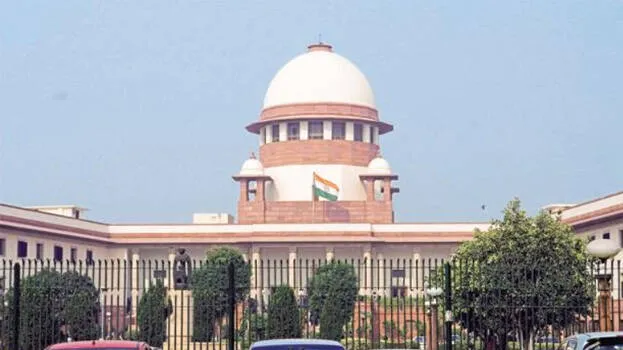

NEW DELHI: The Supreme Court has made three years of practice in the judiciary mandatory for law graduates to apply for entry-level posts like Munsiff and Magistrate (Civil Judge-Junior Division) in the judicial service. The provision, which was removed in 2002, has been reinstated.
A bench comprising Chief Justice BR Gavai and Justices AG Masih and K Vinod Chandran ruled that the practice period can be calculated from the date of provisional enrolment. For this, the High Courts and the State Governments should amend the Service Rules. The judgment will not apply to the appointment processes already initiated by the High Courts.
"The experience of various High Courts has also shown that such fresh law graduates, upon their entry in judicial service, begin to show behavioural and temperament problems," the court pointed out. "From the day they assumed office, judicial officers deal with issues such as the life, liberty, property, and reputation of the complainants. Neither knowledge based on law books nor pre-service training could be an adequate substitute to the first-hand experience of the working of the court system and administration of justice. Knowledge comes when they observe the functioning of the court, how lawyers argue, and how judges conduct proceedings. Candidates should be equipped to understand the intricacies of being a judge.
Experience Certificate
1. Applicants should furnish proof of experience from the Principal Judicial Officer of the concerned court or a practising advocate for ten years. In case of High Court and Supreme Court, it should be furnished by an officer authorized by the court
2. Experience of working as a law clerk under judges or judicial officers may also be considered, along with practice as an advocate